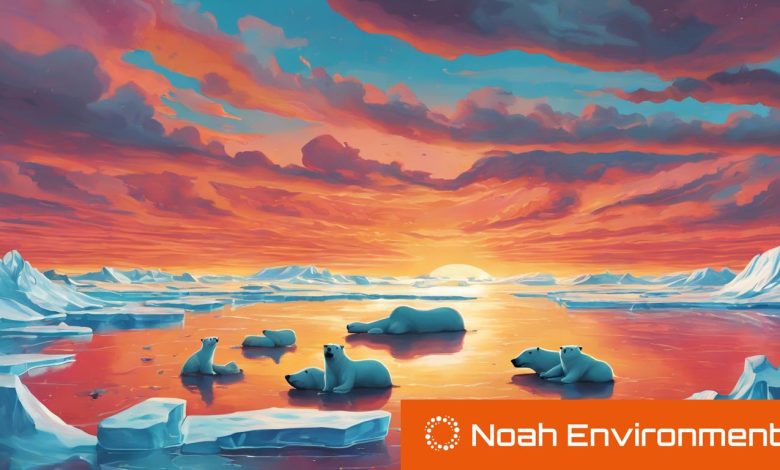Arctic could experience ‘ice-free’ summers within decades, warns new study

Scientists from the University of Colorado Boulder project ‘ice-free’ Arctic summers as soon as the 2020s to 2030s, raising concerns over wildlife, coastal communities, and increased human activities.
Scientists from the University of Colorado Boulder have issued a warning about the possibility of the Arctic experiencing “ice-free” summers as early as the 2020s to 2030s, and most confidently by 2050. According to their research published in Nature Reviews Earth & Environment, the term “ice-free” refers to the Arctic having less than one million square kilometres of sea ice cover, which marks a significant decline from the average minimum cover observed in the 1980s.
This decrease in sea ice, driven by global warming, could severely impact the Arctic ecosystem. Polar bears, seals, and walruses, which rely on sea ice for hunting and habitat, might face increased risks of starvation. Coastal communities are also at risk, with increased erosion and shifts in wildlife habitats expected. Additionally, diminished ice cover could lead to a rise in human activities in the Arctic Ocean, including shipping, further stressing the region’s environment.
The study emphasizes that the Arctic sea ice could potentially recover if global temperatures decrease in the future. This recovery hinges on the reduction of CO2 emissions and potentially removing CO2 from the atmosphere. Alexandra Jahn, the lead researcher, highlighted the importance of daily tracking of ice cover and understanding the timing of ice-free conditions to better predict and perhaps mitigate these changes.
This research underscores the urgent need for global efforts to reduce fossil fuel emissions to prevent an ice-free Arctic and its drastic impacts on wildlife, coastal communities, and the broader ecosystem.








